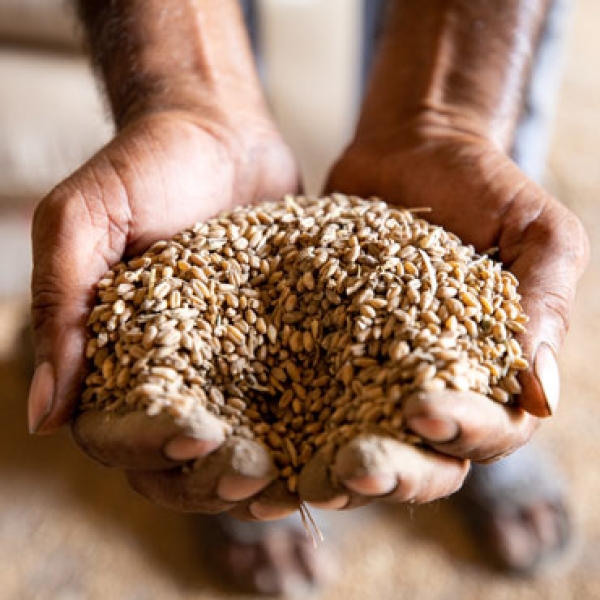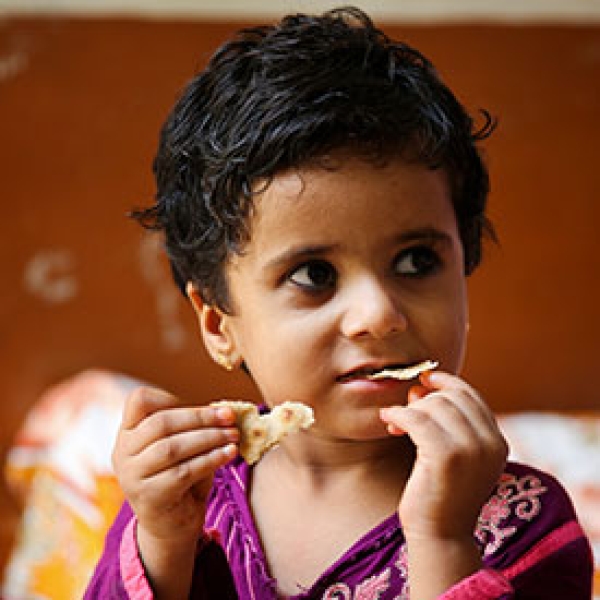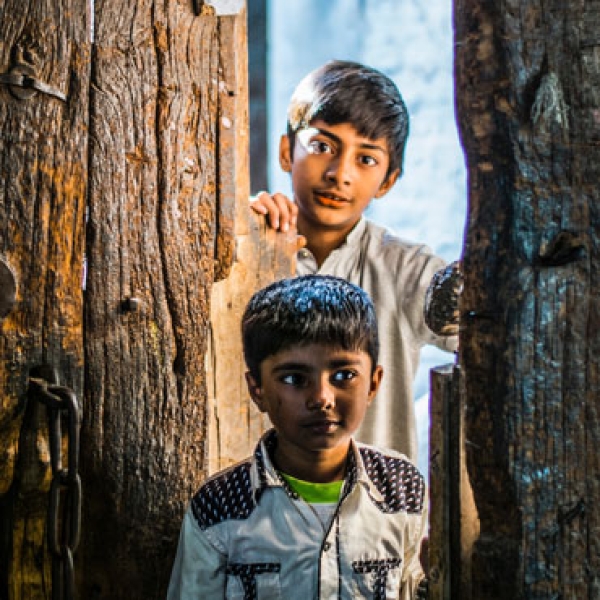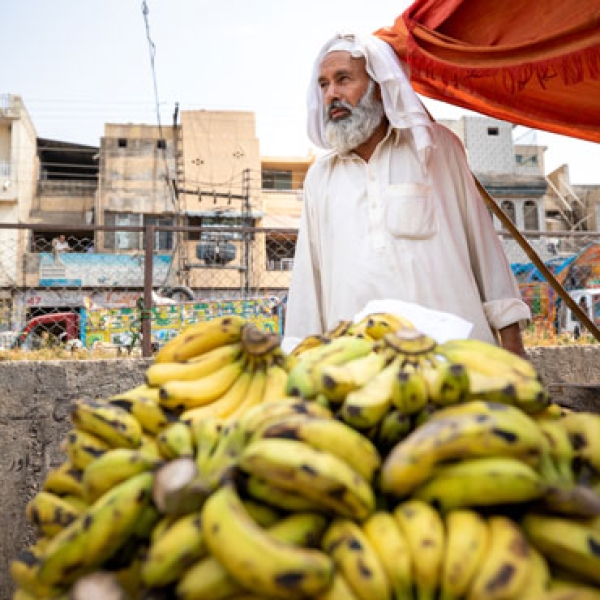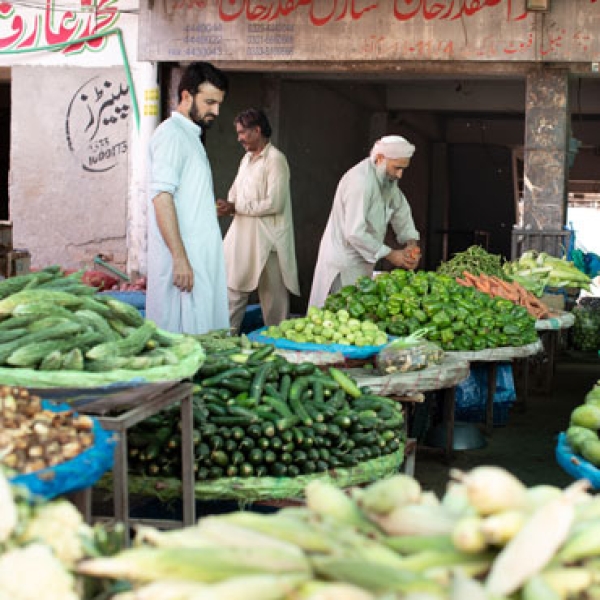Pakistan has one of the highest malnutrition burdens in the world. Stunting, wasting and micronutrient deficiencies are endemic. The National Nutrition Survey 2018 revealed that 42.6% of women of reproductive age were anemic, 46.9% of pregnant women were iron deficient, 81.2% of pregnant women and 62.7% of children were vitamin D deficient. The same survey reported that 40.2% of children under five were stunted, 17.7% were wasted and 9.5% were overweight.
Diet is the number one risk factor in the burden of disease and is a central driver for all forms of malnutrition. The Pakistan Cost of Diet Analysis 2016 estimates that 67% of the households in Pakistan are unable to afford a nutritionally-adequate diet and approximately 5% of all households are unable to afford a diet that meets even the minimum requirements for energy. As per SOFI 2023, 82.8% (more than 192million) of Pakistani People are unable to afford a healthy diet (figures for 2021). Adolescents, who account for 23% of the population, suffer from poor nutrition. Data from a recent literature review and secondary data analysis conducted by GAIN point to relatively high levels of stunting (22%) and overweight (16%) amongst adolescent girls between 15 and 19 years of age. Micronutrient deficiencies are particularly alarming: more than half of the adolescent girls between 15 and 19 suffer from anaemia, 21% are iron-deficient, 49% lack folic acid, 42% suffer from zinc deficiency, and 40% from vitamin A deficiency.
Poor diets do not just cause micronutrient deficiencies, but also overweight and obesity, whose levels are rising. The prevalence of overweight among children under five has almost doubled over seven years, increasing from 5% in 2011 to 9.5% in 2018 (as per NNS 2018). This causes further health problems, such as increases in heart diseases, higher blood pressure, and diabetes.
GAIN’s contribution
The Global Alliance for Improved Nutrition (GAIN) is working in Pakistan since 2007 to tackle malnutrition, with an initial focus on Large-Scale Food Fortification. Later GAIN’s focus expanded to include adolescents’ nutrition and private sector engagement through SUN Business Network. GAIN plays a significant role in the public policy landscape in Pakistan, as it does in many other countries around the world. GAIN partners with governments, businesses, and civil society organizations.
In Pakistan, malnutrition, particularly among children and women, remains a significant public health challenge. GAIN's work in the country is aimed at helping the government address these issues through evidence-based policies and programs, and by fostering collaboration among various stakeholders. GAIN's role in the public policy landscape in Pakistan is aligned with the global effort to achieve Sustainable Development Goal 2, which aims to end hunger, achieve food security, improve nutrition, and promote sustainable agriculture.
Following the launch of the GAIN’s new global strategy 2023-27, our work in Pakistan has been realigned with both the organisation’s global strategy and the changing nutrition context in the country especially related to food system transformation for improved nutrition outcomes.
Today, together with our partners, we are implementing various programmes, including Commercialization of Biofortification of Crops, Large Scale Food Fortification - LSFF, Sub National Food System Dashboard, Access to Better Dairy, Social Protection Project, and support to businesses through the SUN Business Network (SBN).
